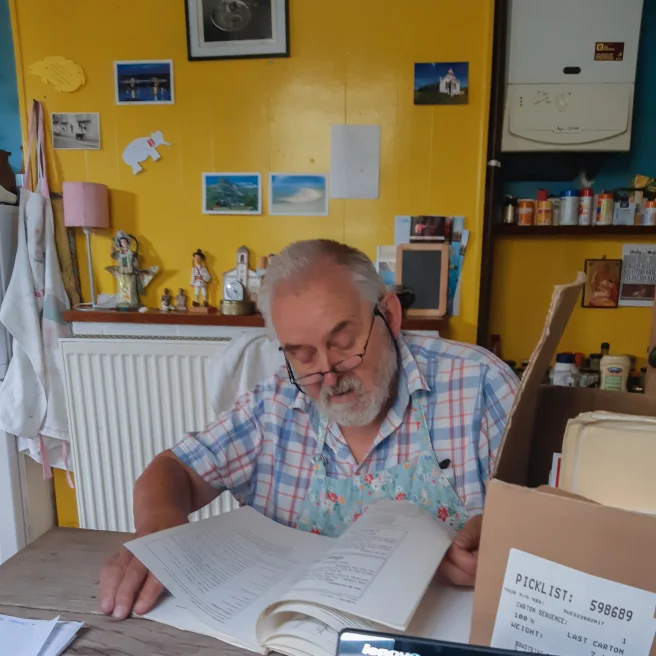How can we help students improve their listening and reading? Traditionally, teachers teach skills like predicting, skimming, scanning and guessing from context. In this episode, Michael Swan presents reasons why we should avoid this approach, the reasons students find comprehension difficult and what alternative approach teachers should take to improving listening and reading skills.
Teaching Phonics (with Lesley White)
Letterland teacher trainer Lesley White tells Ross about phonics. We touch on the history, the advantages of phonics over other approaches, different options to teachers within the phonics system and some of the differences between learning to read in your first language and in your second language.
Podcast: What is Phonics and Why Should You Care? (With Debbie Hepplewhite)
Ross interviews phonics expert, Debbie Hepplewhite MBE about what phonics is and why it’s so important. Debbie tells us about vocabulary enrichment, the importance of recycling, why English is so difficult to read, and much more. Debbie has worked as an adviser to the British Government for the parliamentary inquiry ‘Teaching Children to Read’ (March 2005) and she helped to inform Sir Jim Rose’s ‘Independent review of the teaching of early reading’ (Final Report, Jim Rose, March 2006) and in 2012 was awarded an MBE from the Queen for services to education.
Stages and Stories in Second Language Acquisition (with Stephen Krashen)
What stages do students pass through in learning a language? Stephen Krashen, Professor Emeritus at the University of California, tells us about the conduit hypothesis. We discuss the role of reading, the growing importance of listening and how to encourage students to read and acquire more through comprehensible input.
Can Coursebooks Ever Really Work? (With Wendy Arnold)
Episode 75! What's The Best Way to Learn a Language (With Dave Weller)
For our 75th episode, we discuss a question which is both very simple and highly complex: What’s the best way to learn a language? We challenged each other to fit everything we could about language learning onto a single page of A4 paper, then compare our notes in a marathon 60-minute discussion. For maximum effect, prepare your own notes on “What’s the Best Way to Learn a Language” before you listen.













